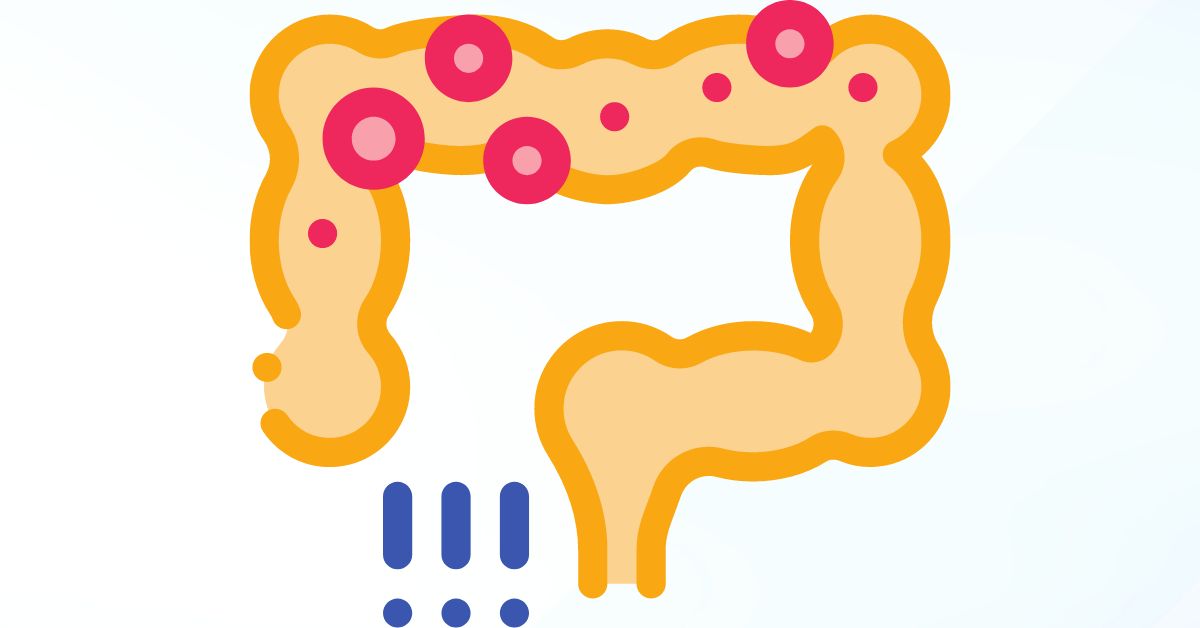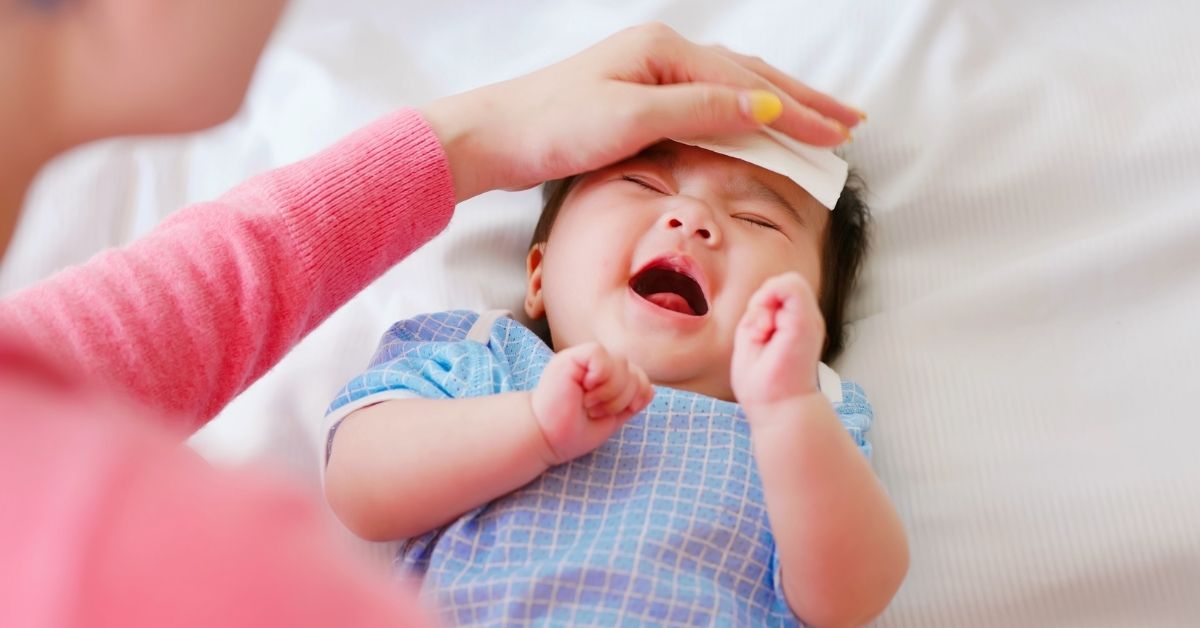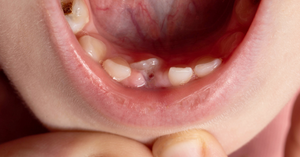What is Necrotising Enterocolitis?
Necrotising Enterocolitis is a problem of the intestine of the newborn. It is the most common problem of intestine in premature infants. In this, the wall of the intestine becomes inflamed due to infection or other causes. This can lead to a perforation or formation of hole in the intestine and the intestine cannot hold materials or waste. The bacteria of the intestine passes into the bloodstream and makes the baby extremely sick.
What are the signs and symptoms of Necrotising Enterocolitis?
There are several signs and symptoms which may present in a baby with Necrotising Enterocolitis. These can differ from baby to baby. Some symptoms can also appear like other common gastrointestinal problems. The signs and symptoms include:
- swollen or tender belly
- discoloration of the belly which become red, blue or green
- difficulty in feeding
- either constipation or diarrhea may develop
- baby may have dark or bloody stools
- baby becomes lethargic or less active
- body temperature may become low
- baby vomits green
- baby has difficulty in breathing and can take pauses
- heart rate of baby is low
- baby can have low blood pressure
What causes Necrotising Enterocolitis?
A single definitive cause of Necrotising Enterocolitis is not known. Several factors play a role in development of the condition and one or several may be present in your baby which include:
- Premature babies whose intestine has not yet properly developed
- A lack of oxygen or blood flow to the intestine
- An injury to the lining of the intestine
- Excessive growth of bacteria in the intestine which can erode the wall of intestine
- An infection of the intestine which can be bacterial or viral
- Babies who are formula feeding have a higher risk of developing Necrotising Enterocolitis
Is Necrotising Enterocolitis serious?
Necrotising Enterocolitis is an extremely dangerous condition of the premature newborn. The baby can become very sick in this condition and parts of intestine may even need to be removed.
How is Necrotising Enterocolitis treated?
Immediate treatment is needed if your baby is diagnosed with Necrotising Enterocolitis. There are a series of steps which have to be followed in the treatment.
- All kinds of oral feeding is stopped temporarily
- A nasogastric or orogastric tube is inserted through the nose or the mouth of the baby for removal of excessive fluid or air
- An IV or intravenous catheder is placed and fluids are given through this for nutrition
- A treatment with antibiotics may be needed in case of infection
- There is a need of frequent exams and abdominal X-rays to check the course of disease
- A pediatric surgeon should be consulted in case surgery is needed
What should I know as a parent?
It is natural to worry as a parent when your child is suffering from any disease. Having adequate information about the disease, it’s prognosis and how you can handle the condition can put your mind at ease.
- Most children with Necrotising Enterocolitis recover completely and do not have any feeding problems in the long run.
- Sometimes repeative surgeries may be required if the intestine has become narrow, blocked or scarred.
- The most common problem to be taken care of following this condition is malnutrition. It is more common if a part of intestine is removed. Initially, the baby may need nutrition delivered through a needle into blood. Later, children may need oral supplements.








